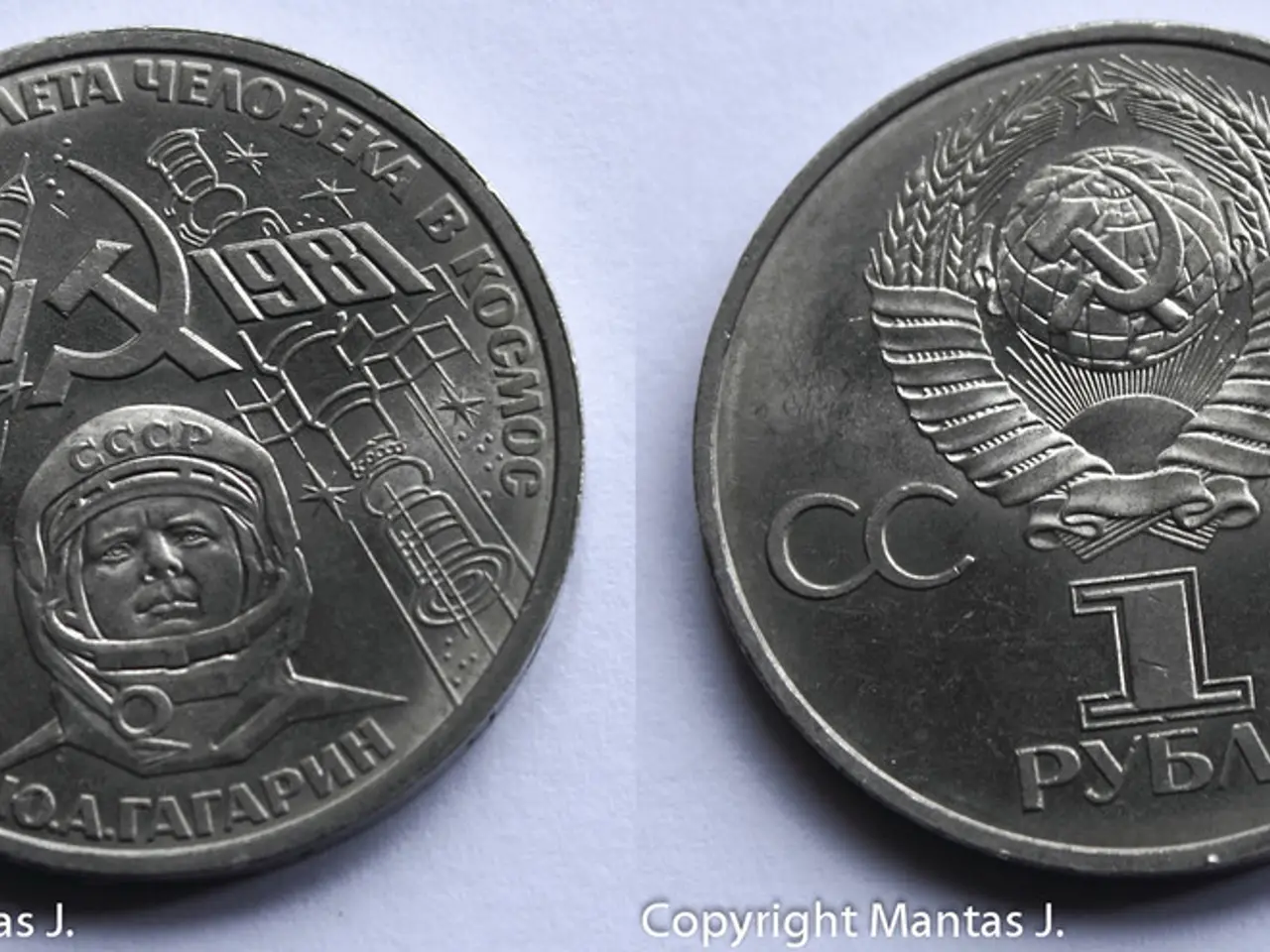Criticism on the pace of FedNow's implementation met with defense from Waller, a Federal Reserve official
The Federal Reserve's real-time payment settlement service, FedNow, has seen robust uptake since its launch in July, with the number of banks and credit unions signing up expected to reach approximately 350 by the end of the year. However, one of the Fed's key officials, Christopher Waller, has expressed scepticism about the need for a U.S. CBDC in today's payments landscape.
In a recent interview, Waller, who is the Federal Reserve's vice chair for supervision, shared his views on CBDCs. He believes that a potential U.S. CBDC would operate through bank accounts, not direct accounts with the Fed. Waller argued that the current banking system, where banks engage customers, has worked for over 100 years and does not see a significant benefit for the Fed, banks, or consumers in a CBDC system that involves direct retail accounts.
Waller questioned the Fed's rationale for becoming consumer-facing and offering retail accounts. He suggested that the Fed's role should be to ensure everything gets clear in the background, not to be front-facing with retail customers. Waller has not expressed support for a direct retail CBDC account, stating that the current system of banks engaging customers has worked well.
However, Waller also acknowledged that the Fed wants to explore CBDCs in preparation for a potential congressional mandate. He emphasised that the Fed wants to research the technology, record-keeping, and management of how CBDCs work so that they are ready if legally required. Waller stated that a direct retail CBDC account would necessitate master accounts beyond banks, requiring legal changes.
Waller's views on CBDCs contrast with the growing adoption of CBDCs in countries like China, the Bahamas, and the U.K. Aaron Klein, a Brookings senior fellow, characterised the FedNow signup rate as "tepid" last month at a Philadelphia Fed fintech conference. However, in his recent interview with Waller, Klein did not reiterate this sentiment.
Despite the ongoing debate about CBDCs, the use of the long-awaited payments settlement service FedNow remains robust, according to Waller. Major banks such as JPMorgan Chase, Wells Fargo, and U.S. Bank have registered to use the FedNow real-time payments service, with expectations that 250 to 350 banks will enroll by the end of the year. Users would access CBDC accounts via their commercial bank apps, along with standard accounts.
In conclusion, while the Federal Reserve is moving forward with the implementation of FedNow, one of its key officials, Christopher Waller, has expressed scepticism about the need for a U.S. CBDC in today's payments landscape. Waller believes that a potential U.S. CBDC would operate through bank accounts, not direct accounts with the Fed, and questions the Fed's rationale for becoming consumer-facing and offering retail accounts. However, he acknowledges that the Fed wants to explore CBDCs in preparation for a potential congressional mandate.
Read also:
- Peptide YY (PYY): Exploring its Role in Appetite Suppression, Intestinal Health, and Cognitive Links
- Toddler Health: Rotavirus Signs, Origins, and Potential Complications
- Digestive issues and heart discomfort: Root causes and associated health conditions
- House Infernos: Deadly Hazards Surpassing the Flames








